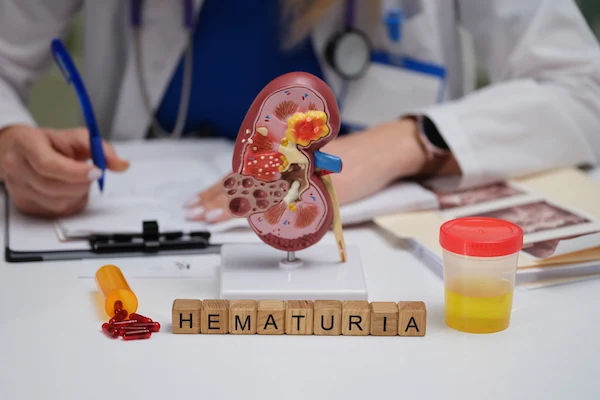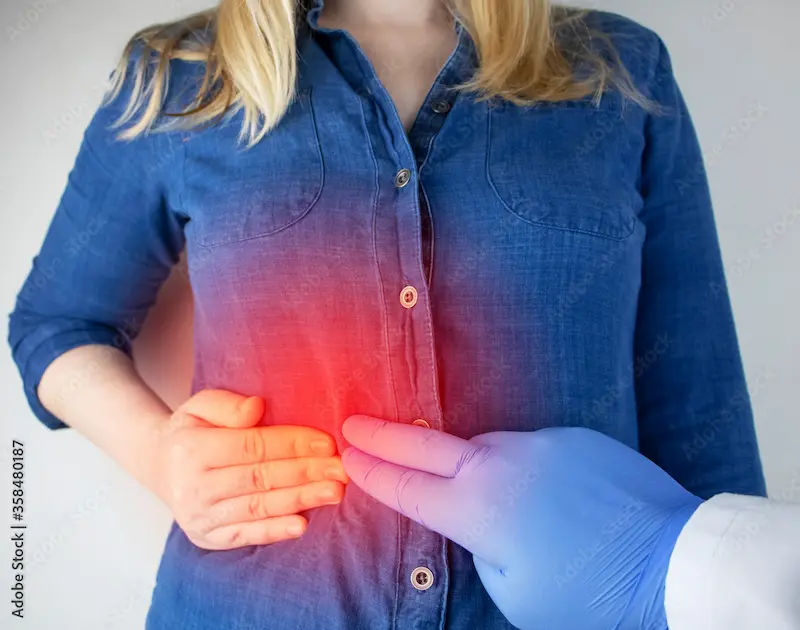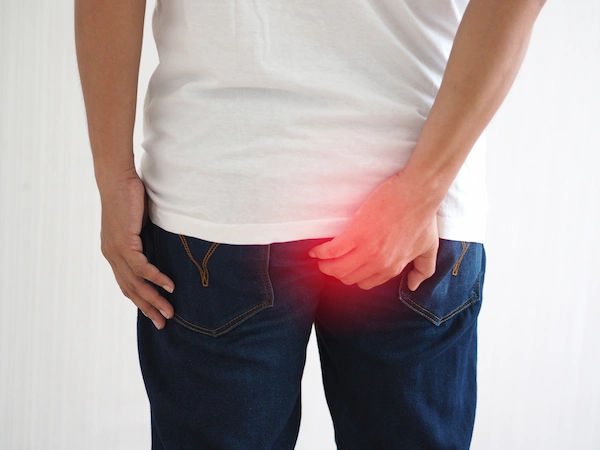- female
- 30 Years
- 01/04/2021
How effective is flu vaccine?
Answered by 1 Apollo Doctors
Every year, WHO studies the strains of influenza virus circulating globally and advise to produce the flu vaccine with those particular strains. Vaccine effectiveness may vary in relation to many factors globally but on a average, flu vaccination reduces the risk of influenza by 40 - 60 % among the overall population during seasons when most circulating flu viruses are well matched to the flu vaccine.
Answered 04/07/2025
0
0


Ask Apollo
AI powered Health Chatbot
-
Effectiveness of the Inactivated Influenza Vaccine:
- The flu vaccine is generally effective in reducing the risk of flu infection and its complications, especially in healthy adults.
-
Variability of Effectiveness:
- Effectiveness can vary each year depending on how well the vaccine matches circulating flu strains.
-
Benefits Beyond Prevention:
- Even if the vaccine does not completely prevent the flu, it often reduces the severity and duration of illness.
-
Safety and Recommendations:
- The vaccine is safe for a healthy 30-year-old female and is recommended annually.
-
Additional Advice:
- Consult a healthcare provider for personalized advice and to get vaccinated annually for best protection.
Recommended next steps
Consult a Infectious Disease specialist
Answered 20/08/2025
0
0
More General Physician/ Internal Medicine Health Queries
View allI'm really worried about the side effects of taking Paracetamol 500 mg, and I don't want to take it unless I really need to. Could you let me know at what temperature in Fahrenheit should I consider taking it? I'm trying to be cautious about it.
Paracetamol is a relatively safer antipyretic medication with little side effects. Maximum you can take is upto 4 tabs a day at 6 hour intervals after checking your body temperature if it's more than 100 degree f.
Answered by 1 Apollo Doctors
I'm really worried about my mom's health since she hasn't been feeling too well lately. Could you suggest a comprehensive list of tests for a full body checkup to ensure everything's okay with her health?
The probable cause of your mother's sudden high blood pressure (BP) spike could be: 1. Medication non-adherence or resistance 2. Underlying kidney disease or artery stiffness 3. Hormonal imbalances (e.g., thyroid disorders) 4. Sleep apnea or poor sleep quality 5. Increased sodium intake or fluid retention 6. Stress or anxiety 7. Secondary hypertension due to another medical condition
Answered by 1 Apollo Doctors
I've been dealing with a cold, fever, and body pain for the past two days. I've also been getting frequent headaches and my fever comes and goes. Do you think this is something serious or just a regular flu? What can I do to start feeling better?
Your symptoms of cold, fever, body pain, frequent headaches, and intermittent fever suggest a possible viral infection, such as the flu or a common cold
Answered by 1 Apollo Doctors
Disclaimer: Answers on Apollo 247 are not intended to replace your doctor advice. Always seek help of a professional doctor in case of an medical emergency or ailment.





